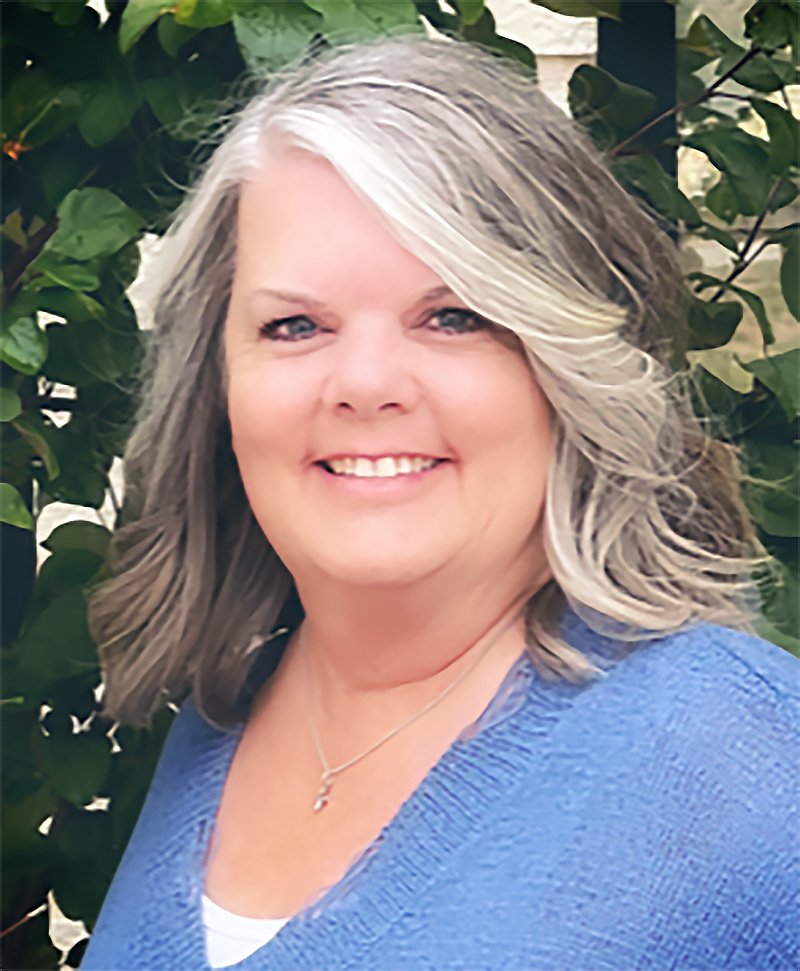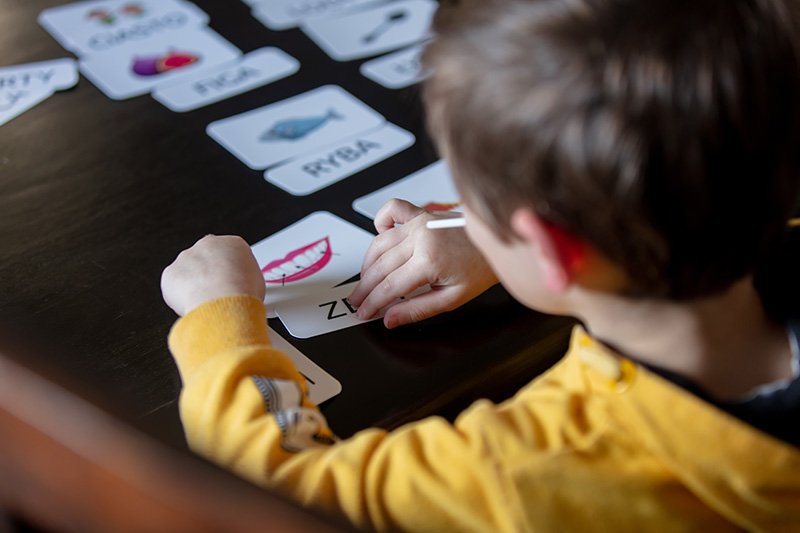About Us
Our Practice, Our Mission, & More About ABA Therapy
Our Mission
Providing quality ABA services to our communities and ensuring that all individuals with Autism and other developmental disabilities receive specialized treatment for their specific needs so they and their families can flourish.
Founding Wildflower: Our Story
Founding Wildflower:
Our Story





Sheryl and her husband Bruce married in 1990, have 5 children and 4 grandchildren. After Bruce retired from the military, they settled in Texas and began their teaching careers. They have lived in Fredericksburg, Texas since 2010. Having been a special education teacher, Sheryl has used ABA methods in the classroom to help non-verbal children learn to communicate, children without social skills learn to make friends, aggressive children eliminate their problem behaviors, and so much more. Throughout her years teaching, she recognized an increase in Autism and other behavioral concerns. She has an undeniable passion for individuals with special needs and a strong desire to help them make progress on their goals and improve their quality of life by teaching them the skills they need. Her special interest and compassion for helping and guiding children with behavioral challenges and other developmental delays led her to obtain certification as a Board-Certified Behavior Analyst (BCBA) and create Wildflower Behavior Services to provide ABA therapy services in Fredericksburg, Texas for those who need it.
Sheryl is personally dedicated to helping children with autism and other special needs to receive the highest quality ABA services available through our comprehensive and individualized ABA treatment programs. It is amazing how well ABA interventions work, and this is due to the fact that ABA is based on scientific principles that hold true for all behavior. ABA methods are so effective because they use children’s motivation to help them learn new skills, such as communicating, sharing, taking-turns, and being flexible. Using this proactive and positive approach, children with autism and other developmental disabilities can learn appropriate ways to interact and form relationships with others. The focus on reinforcing desired behavior makes using ABA methods a fun and enjoyable experience for all.
Wildflower Behavior Services strives to deliver accurate and up-to-date ABA services so that all those who interact with children with autism and other special needs have the most powerful tools available to help these children meet their goals. We invite you to learn more about the unique and individualized ABA treatment programs that we offer at Wildflower so that you can see how we can help you to make a positive difference in a child’s life!
We love what we do and are grateful for the opportunity to work with you and your family.



Founding Wildflower: Our Story
Sheryl and her husband Bruce married in 1990, have 5 children and 4 grandchildren. After Bruce retired from the military, they settled in Texas and began their teaching careers. They have lived in Fredericksburg, Texas since 2010. Having been a special education teacher, Sheryl has used ABA methods in the classroom to help non-verbal children learn to communicate, children without social skills learn to make friends, aggressive children eliminate their problem behaviors, and so much more. Throughout her years teaching, she recognized an increase in Autism and other behavioral concerns. She has an undeniable passion for individuals with special needs and a strong desire to help them make progress on their goals and improve their quality of life by teaching them the skills they need. Her special interest and compassion for helping and guiding children with behavioral challenges and other developmental delays led her to obtain certification as a Board-Certified Behavior Analyst (BCBA) and create Wildflower Behavior Services to provide ABA therapy services in Fredericksburg, Texas for those who need it.
Sheryl is personally dedicated to helping children with autism and other special needs to receive the highest quality ABA services available through our comprehensive and individualized ABA treatment programs. It is amazing how well ABA interventions work, and this is due to the fact that ABA is based on scientific principles that hold true for all behavior. ABA methods are so effective because they use children’s motivation to help them learn new skills, such as communicating, sharing, taking-turns, and being flexible. Using this proactive and positive approach, children with autism and other developmental disabilities can learn appropriate ways to interact and form relationships with others. The focus on reinforcing desired behavior makes using ABA methods a fun and enjoyable experience for all.
Wildflower Behavior Services strives to deliver accurate and up-to-date ABA services so that all those who interact with children with autism and other special needs have the most powerful tools available to help these children meet their goals. We invite you to learn more about the unique and individualized ABA treatment programs that we offer at Wildflower so that you can see how we can help you to make a positive difference in a child’s life!
We love what we do and are grateful for the opportunity to work with you and your family.
ABA Therapy Goals
Positivity

Positive reinforcement is the core of Applied Behavior Analysis (ABA) therapy. Our work with clients never strays from this fundamental value. Rewards range from simple positive gestures like a high-five to play time with a favorite toy or game.
Acquire Skills

Acquiring and developing skills is the goal of any treatment plan. The goals for each client vary and no two treatment plans are alike. Methods are often play-based and can include DTT, PECS, Social Skills Training, NET, and Verbal Behavior Training. Having fun is a key element.
Motivate Growth

The ultimate goal is to foster an environment where a child can reach their fullest potential and apply what they have learned OUTSIDE of sessions. This could range from successful social playdates to joining the workforce as an adult.
Insurance We Work With
In addition to the insurance listed below, Wildflower accepts private pay enrollments for ABA therapy.
- Aetna
- Blue Cross Blue Shield
- Evernorth
- Medicaid
- UnitedHealth

Wildflower Service Locations

- Blanco
- Burnett
- Gillespie
- Kendall
- Kerr
- Kimball
- Llano
- Mason

